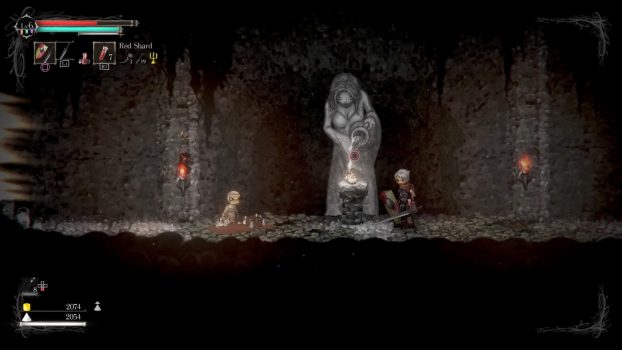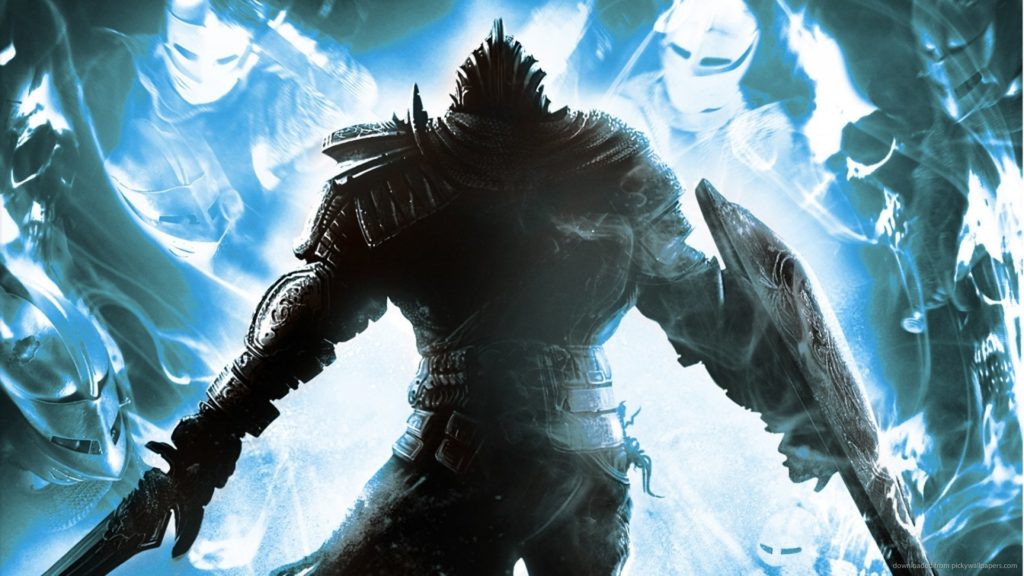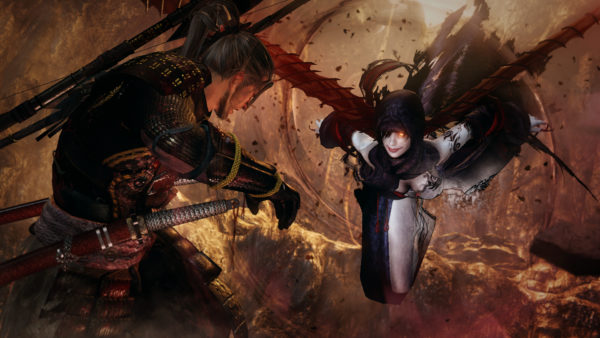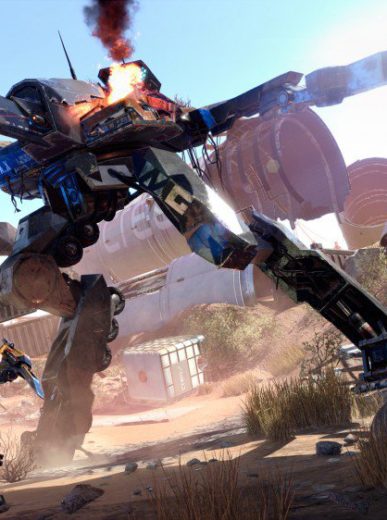The game Rogue was developed in the 1980s, and it was best known for its unforgiving gameplay elements like permadeath, the loss of all equipment and items upon dying, and procedurally generated levels each time you began the game anew. Since then, multiple developers have taken cues from Rogue while developing their own titles with elements extremely similar to the ones we saw in that 1980s game. Hence, the term “roguelike” was born. These days, it’s common to see games categorized under the “roguelike” genre on Steam and even Wikipedia. It’s practically a household term now.
In recent years, we’ve seen the rise of a new term to describe video games that feature other specific types of elements. “Souls-like,” I believe, is a term now commonly used to describe games with no auto-checkpoints, tough bosses, a stamina bar to manage, and most notably, the loss of all experience points upon death. After your character dies, you’re given one chance to revisit your site of death to pick up those experience points. If you die again before retrieving them, it’s gone forever. In a way, it’s kind of like an evolution of roguelike elements. Your character doesn’t automatically level up by defeating enemies either. You have to accumulate a good amount of experience, return to a save point, and then level up from there.
This innovative mechanic was popularized by the release of From Software’s 2009 action RPG, Demon’s Souls. Soon after, the Dark Souls series took off, and there have been quite a few games that have adopted these Souls-like mechanics in an attempt to include that same challenge and difficulty that the Souls series is known for.
Ever since the popularity of the Souls series skyrocketed, we’ve seen games with similar mechanics like Lords of the Fallen, Salt and Sanctuary, and more recently, Nioh. The question now becomes, are video games just blatantly ripping off ideas made popular by Souls, or are we simply in the early years of the birth of a new and popular style of video game? What if, instead of thinking that these games are taking an “easy way out” by copying Souls, they’re expanding upon a new genre?

At first glance, it’s easy to accuse games like Salt and Sanctuary of copying ideas from the Soulsborne games. After all, sanctuaries are merely reskinned bonfires, and salt is the game’s equivalent of souls. The game also features large bosses with huge health bars at the bottom of the screen, complete with telegraphed attacks that you’ll need to learn in order to dodge them. Yet, if we take a closer look at the game itself, we’ll see that while Salt and Sanctuary does borrow a lot from the Soulsborne games, it also presents its own take on the Souls-like genre. The game provides more variety in character customization in the shape of an extensive skill tree, and deliberately includes handicapped character classes at the start of the game to give challenge runners an ideal build to begin with when attempting to beat the game with level restrictions.
Sure, you could say that Salt and Sanctuary is a rip-off of Souls, but I like to think of it as more of an improvement upon the foundation that From Software has laid down for this new genre.
Other similar games have offered their own spins and twists on the Souls-like formula as well. Suda51’s Let It Die doesn’t really feature that same deep combat style we see in Souls, but it takes other challenging aspects (major bosses, stamina management) and places them in a rougelike setting where every small mistake spells permadeath. Nioh adopts the bonfire and experience system, but also introduces an astoundingly deep and complex combat system to the mix – the likes of which no Souls game has ever seen before. Nioh’s loot system also shakes things up considerably, and though it’s primarily meant to be an action RPG, it feels more of a mix of Diablo and Dark Souls, which is awesome in both theory and practice.
Deck13 Interactive is another popular studio that’s known for developing action RPGs in a similar vein to From Software’s projects. While their initial outing, Lords of the Fallen, was largely criticized for its slow and clunky combat, it opened up the possibility of games adapting the Souls formula and mixing it in with more mainstream RPG elements like player choice and various dialogue options. Their latest game, The Surge, is a marked improvement over Lords in terms of combat, and also introduces an innovative targeting system where players can gain new equipment by slicing off enemy body parts.

Heck, even DarkMaus, which is a top-down action RPG with a story that’s almost basically Dark Souls but with a furry protagonist, offers an interesting take on the formula with the ghost companions that can assist you on your journey.
The rise in the number of Souls-like games isn’t a bad thing, and they certainly aren’t simply trying to replicate From Software’s success with the Soulsborne games. With every major Souls-like game that’s been released, we’ve at least seen some form of innovation that capitalizes upon the core “Souls” mechanics and, in some cases, improve upon them.
The Dark Souls series is officially over (for now, anyways), and From Software might not be around forever to keep their “die twice and you’ll lose all your experience” formula alive. And thankfully, they no longer need to be. We’re surrounded by developers who love that Soulsborne formula just as much as we do, and they’re the ones who can help improve and refine it even further, all while adapting it in different plot settings and environments.
Much like Rogue of the 1980s, Souls has left its mark on the gaming industry, and it won’t be long before “Souls-like” becomes just another common genre term we use to describe certain types of video games.


There are no comments.